Very sorry about the title haha. It makes me laugh, but I’m terrible at spelling noises…
But hello again!
These past few weeks have been insane – turns out the best of this program was yet to come!
Since we last checked in, we finished our time in Ecuador. We visited a large scale dairy farm run by Carlos, who has a B.S. in Agricultural Operations Management from the University of Florida and inherited the land from his grandmother. He works with Nestle (yes, that one) and El Ordeño (a milk processing plant) on a non-contract basis. At his farm, we learned how Ecuadorian markets function and how Carlos deals with the impact of climate change on dairy cattle. There are only about 20 farms his size left in the region, since farms are getting split with each passing generation’s inheritance. It’s really interesting to see how his operation differs from some of the other smallholder farms we’d seen previously.
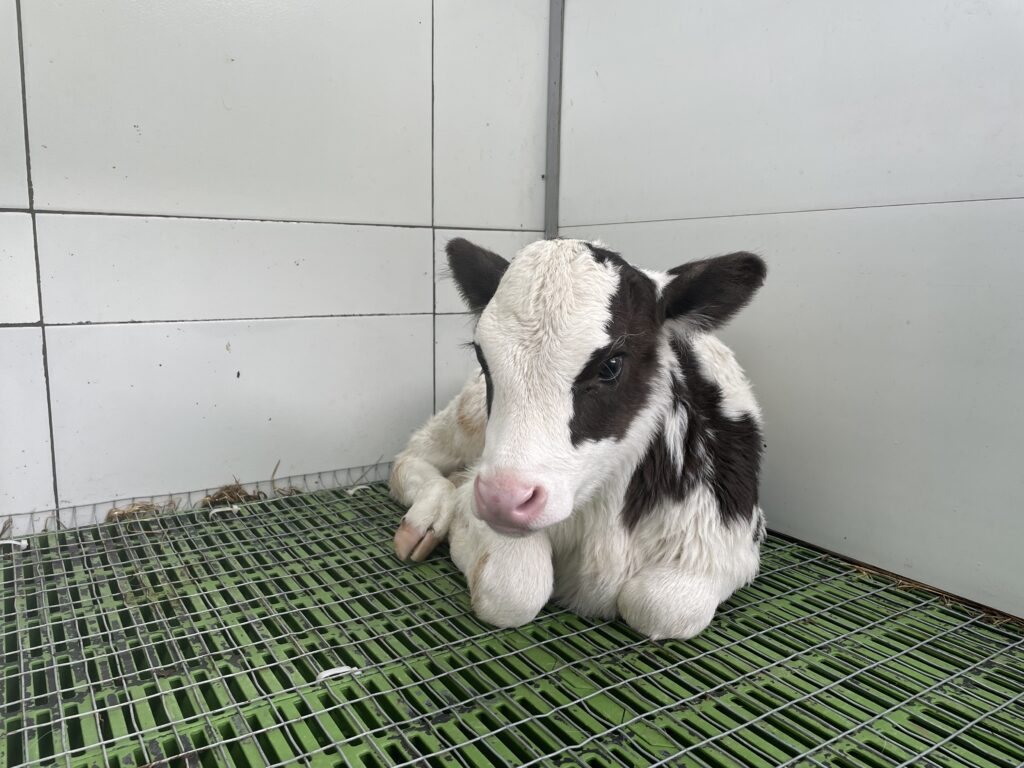
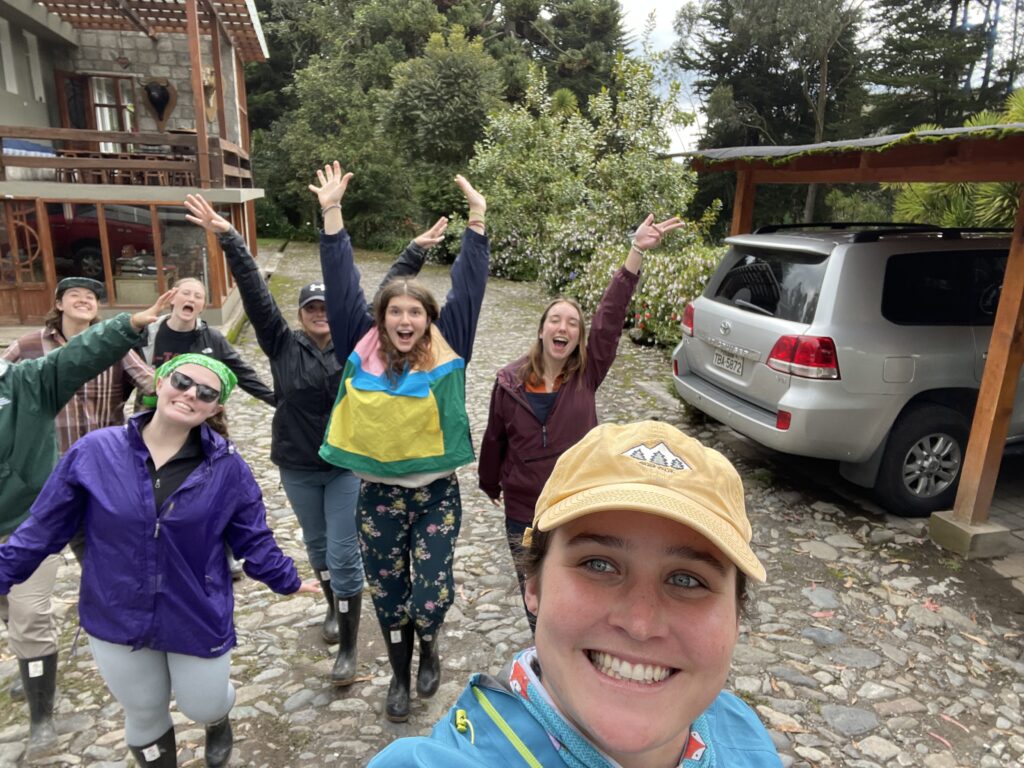
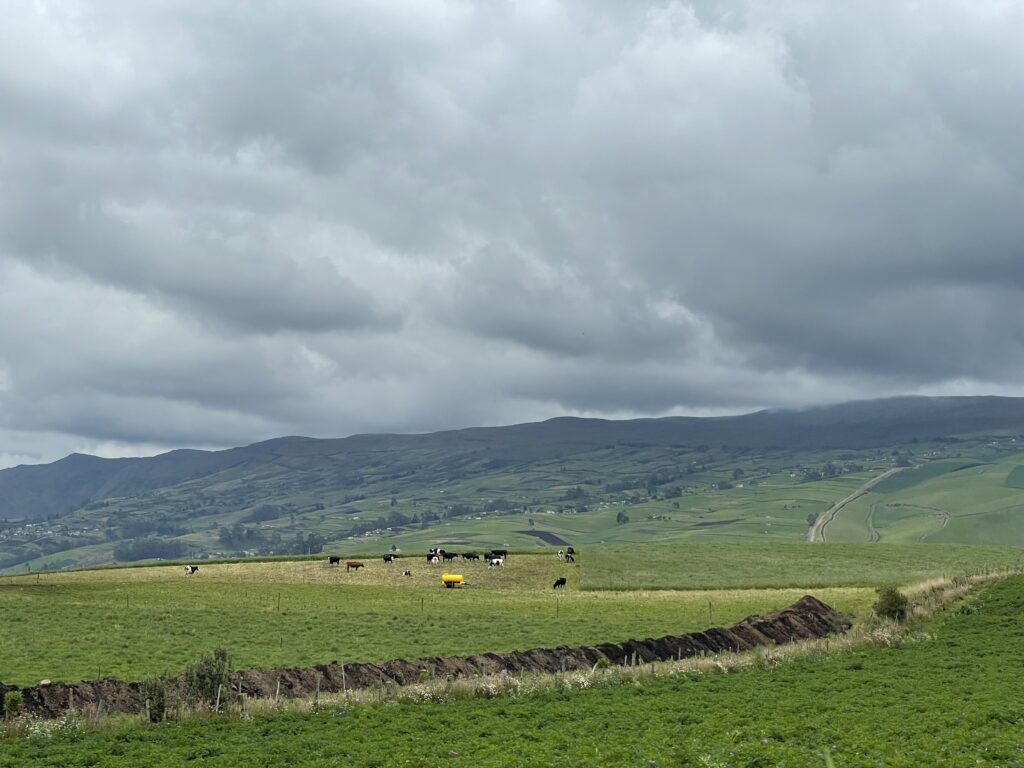
We also visited a small scale farm owned by Pacho, who sells mainly to farmer’s markets. He taught us about organic farming practices and the inefficiency of industrial agriculture. One of his biggest points regarding industrial agriculture was that it is motivated by profit and is therefore irrational. For example, in the US, 500 million tons of corn are produced annually out of the 1 billion tons produced globally. 75% of that goes to feeding animals, despite the fact that it is the wrong food for them (i.e. cows are not meant to digest corn). Meanwhile, 1 billion people around the world are starving. So the question is not only how to fix production methods, but also how to change mindsets.
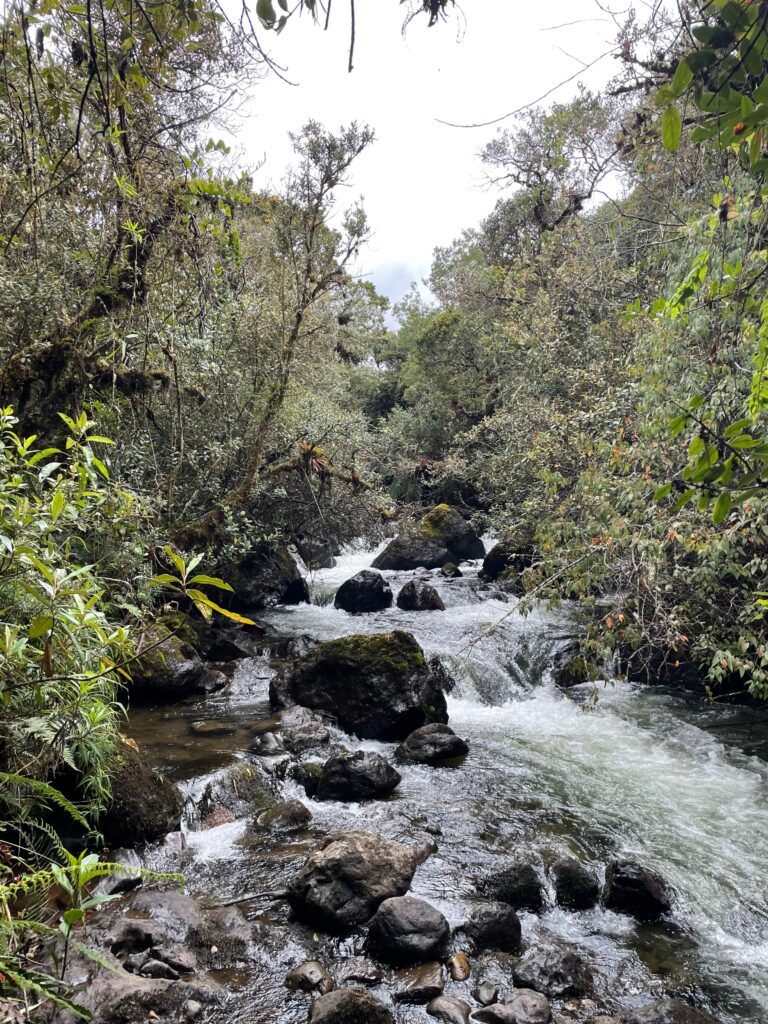
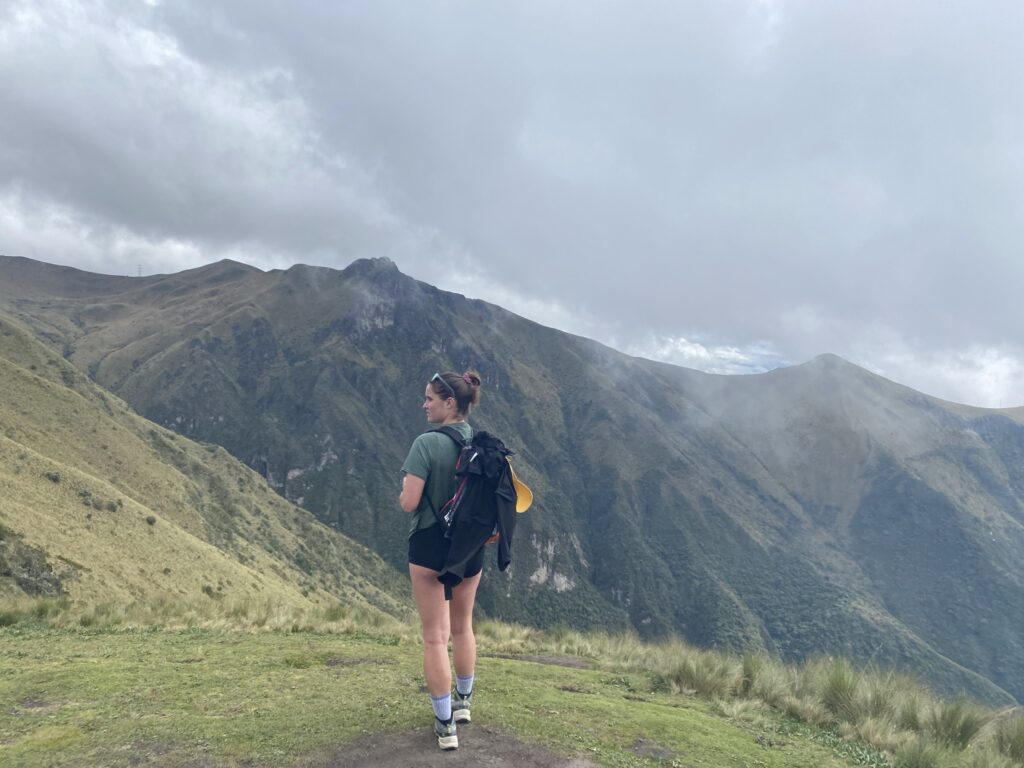
But as I mentioned, Ecuador is over and Malawi has begun! Our travel time was crazy. We flew Quito to Atlanta, Atlanta to Washington D.C., D.C. to Addis Abbaba, Ethiopia, Ethiopia to Lilongwe, Malawi. It took three days, but we made it! For the most part, we’re staying at a community center in Lilongwe that has a focus on sustainable development, But we also have a homestay in Gowa, Ntechu, a rural village about two hours outside Lilongwe. I’ll write more about that in the next post!
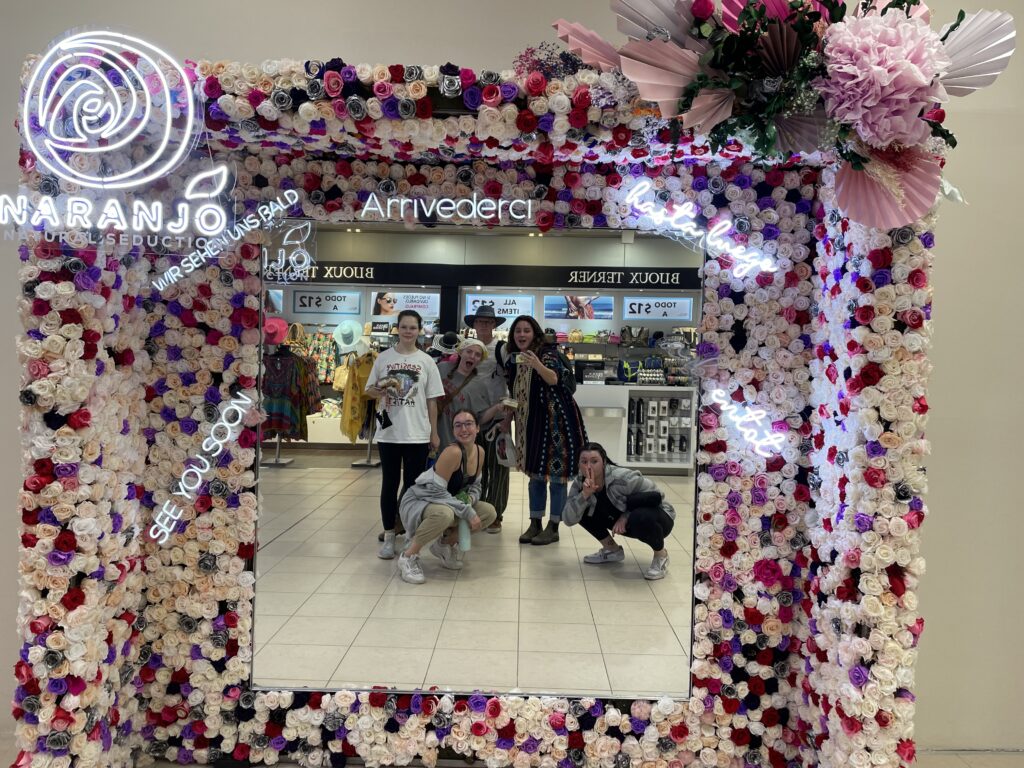
So far, in Malawi we’ve had classes at the local agriculture university; learned and stayed overnight at a permaculture institute (I got to plant a custard apple tree!!! I named it Xylo, short for Xylophone because that’s awesome); and visited a local community health center with ‘under-5’ clinics that specialize in malnutrition and vaccinations.
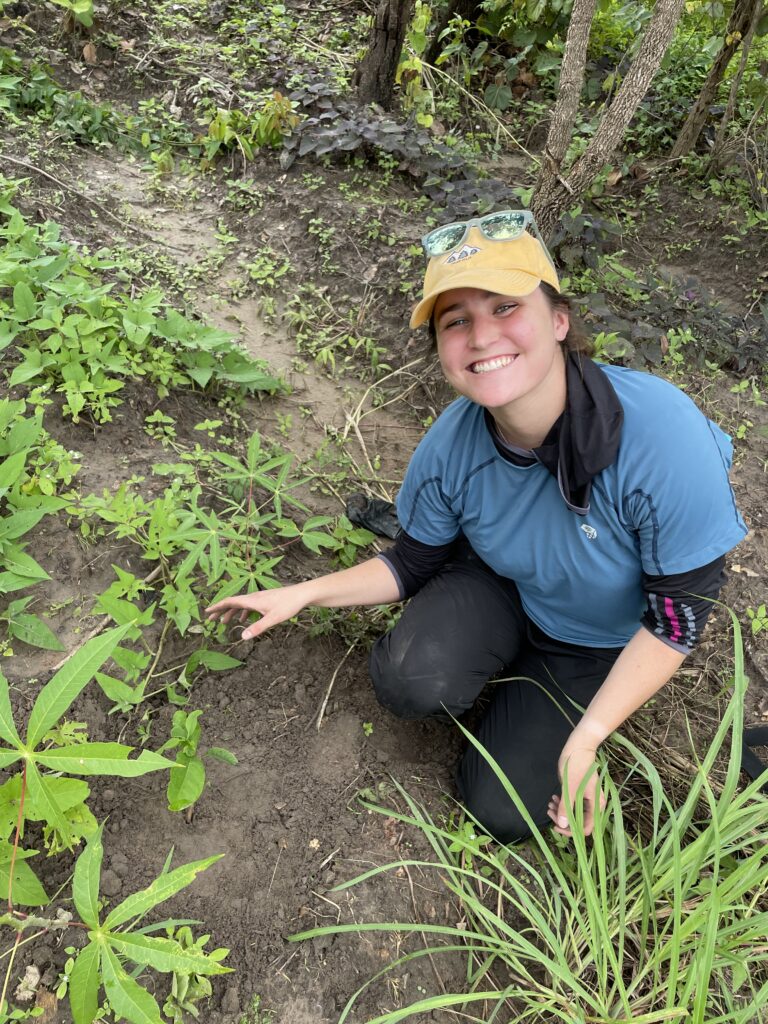
Apart from field excursions, we also have our own assignments. One assignment that we complete over this entire program is a comparative research project that we started on. We have to conduct 10 interviews across three countries and supplement with research. I’ll be answering the question of: “Over the last 20 years, how have people in Ecuador, Malawi, and Spain adapted to water insecurity?” I have a personal interest in water security seeing as I’m from California, a notoriously drought-ridden state. It has been enlightening to even see how people define water security, because there is a distinction that never occurred to me between considerations of quality and quantity. Most of the people that we have talked to feel like they do experience water insecurity, and while it is hard to see, it has been inspiring to see what innovations they come up with to deal with these challenges. There have been shifts towards climate smart crops, irrigation systems developed, and policies fought for. I’m interested to see how I can take information I learn and apply it to my own community.
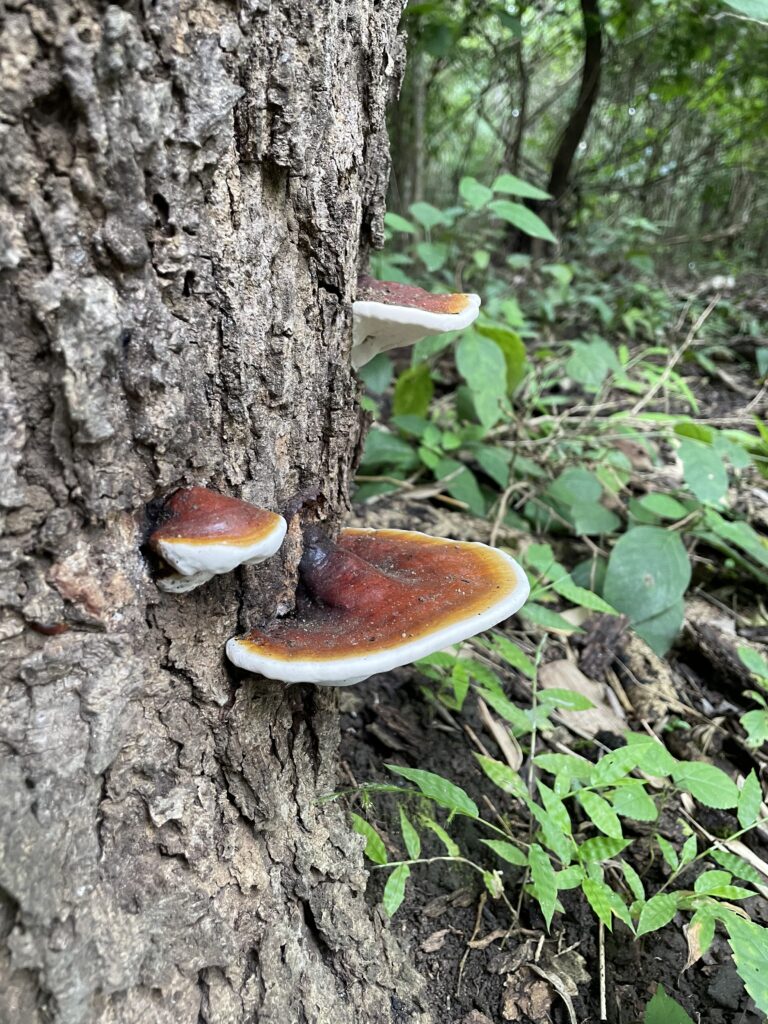
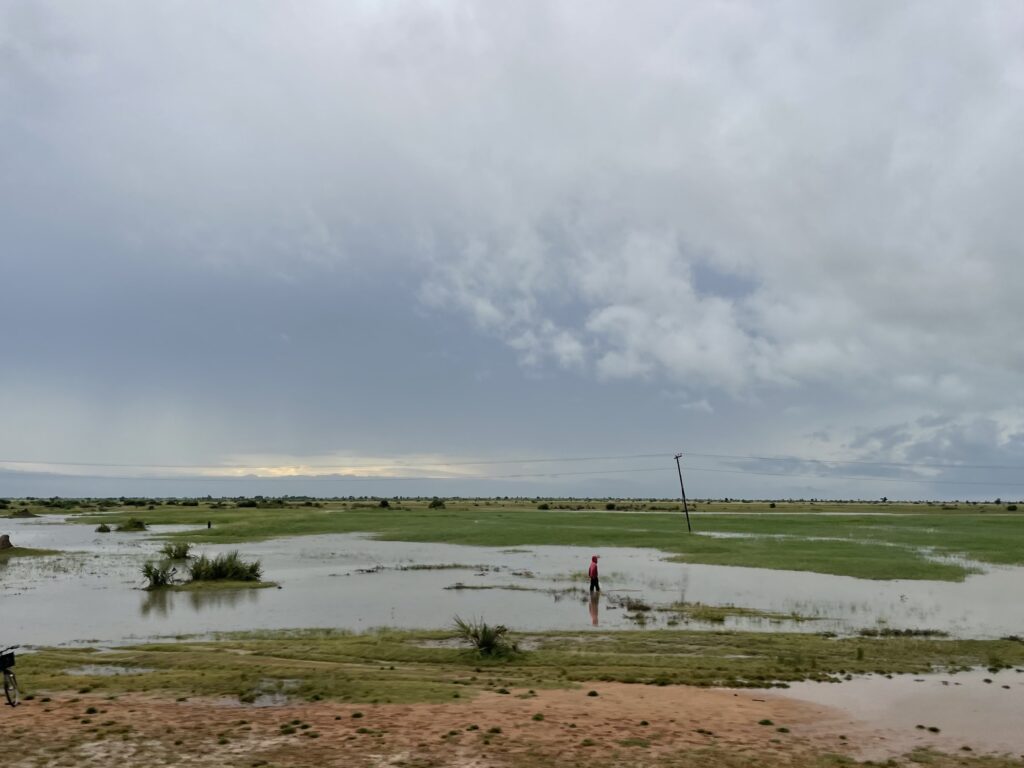
The hardest thing I’ve had to do so far is use a pit latrine — something I never thought of as a privilege was toilets! The coolest thing I’ve seen is the use of banana trees to catch shower runoff as a source of food and water-stagnation prevention (also helps prevent mosquitos and therefore malaria). It has also been interesting to see the prevalence of maize in Malawian culture and diet: most people consider themselves to not have eaten food if they have not eaten nzima (maize flour paste that you eat with your hands). Given how important maize is to the diet, people have turned whole swaths of the country into a maize mono-cropping paradise in order to support themselves in a governmentally subsidized maize-driven market. It’s very complicated.
I’ll admit that I’m a bit tired from a year abroad and am currently missing internet and bread and coffee. But I wouldn’t trade these past months for the world. Overall, I’m very excited to see how the rest of this experience goes – I’m learning so much and truly can’t wait for what is to come.
Until next time 🙂